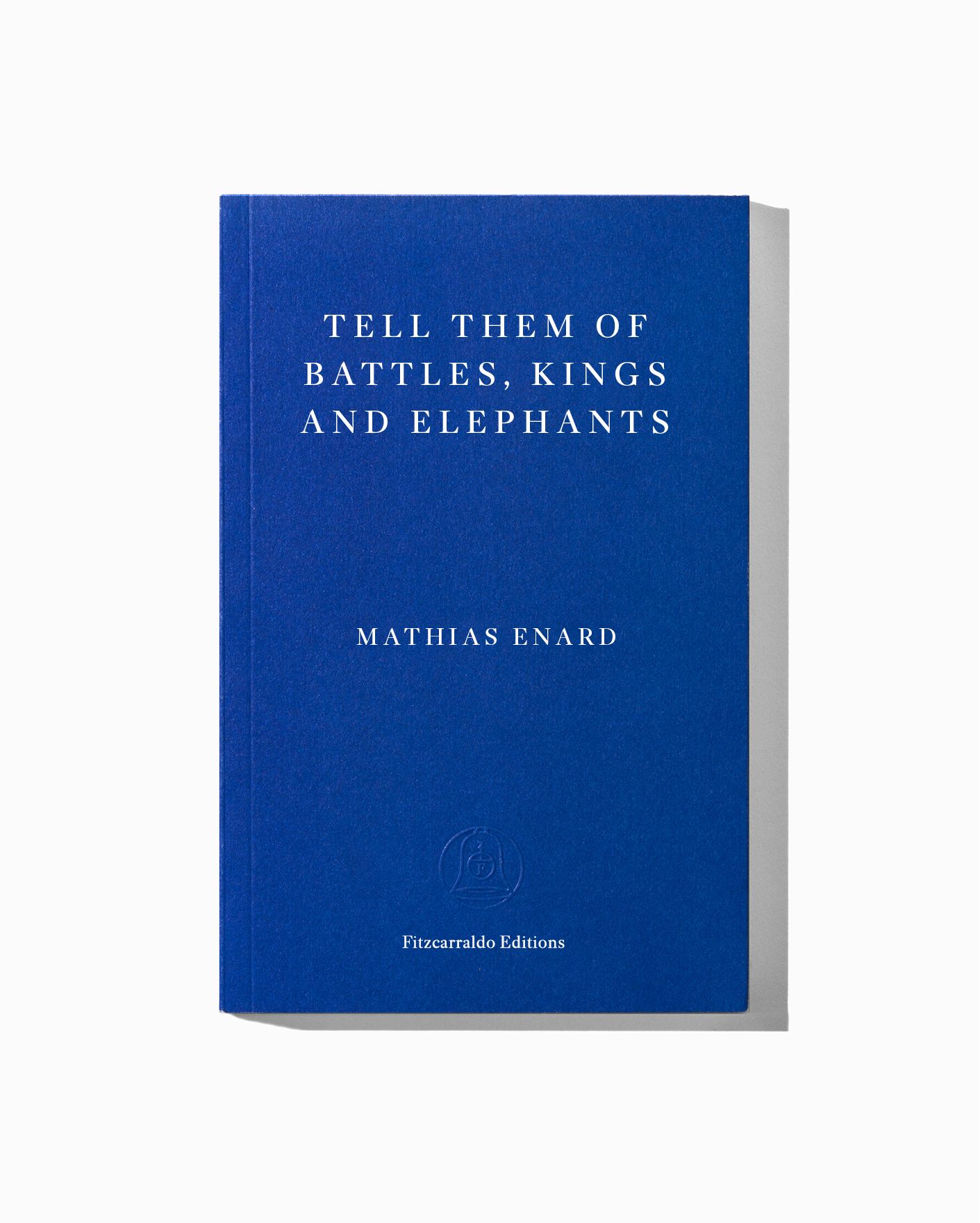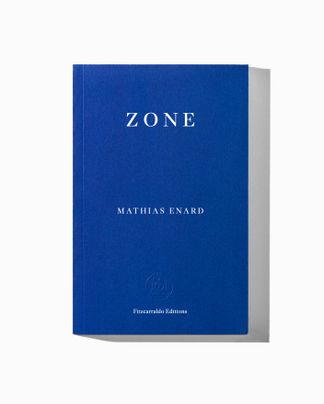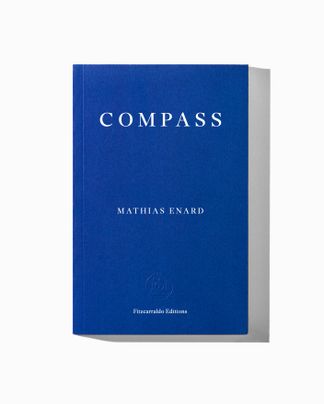¶ Night does not communicate with the day. It burns up in it. Night is carried to the stake at dawn. And its people along with it – the drinkers, the poets, the lovers. We are a people of the banished, of the condemned. I do not know you. I know your Turkish friend; he is one of ours. Little by little he is vanishing from the world, swallowed up by the shadows and their mirages; we are brothers. I don’t know what pain or what pleasure propelled him to us, to stardust, maybe opium, maybe wine, maybe love; maybe some obscure wound of the soul deep-hidden in the folds of memory.
You want to join us.
Your fear and confusion propel you into our arms; you want to nestle in there, but your tough body keeps clinging to its certainties; it pushes desire away, refuses to surrender.
I don’t blame you.
You live in another prison, a world of strength and bravery where you think you can be carried aloft in triumph; you think you can win the goodwill of the powerful, you seek glory and wealth. But when night falls, you tremble. You don’t drink, for you are afraid; you know that the burning sensation of alcohol plunges you into weakness, into an irresistible need to find caresses, a vanished tenderness, the lost world of childhood, gratification, the need to find peace when faced with the glistering uncertainty of darkness.
You think you desire my beauty, the softness of my skin, the brilliance of my smile, the delicacy of my limbs, the crimson of my lips, but actually, what you want without realizing it is for your fears to disappear, for healing, union, return, oblivion. This power inside you devours you in solitude.
So you suffer, lost in an infinite twilight, one foot in day and the other in night.
A
¶ Three bundles of sable and mink fur, one hundred and twelve panni of wool, nine rolls of Bergamo satin, the same quantity of gilt Florentine velvet, five barrels of saltpetre, two crates of mirrors and one little jewellery box: that is the list of things that disembark with Michelangelo Buonarroti in the port of Constantinople on Thursday, 13 May 1506. Almost as soon as the frigate moors, the sculptor leaps ashore. He sways a little after six days of difficult sailing. No one knows the name of the Greek dragoman waiting for him, so we’ll call him Manuel; we do, however, know the name of the merchant accompanying him: Giovanni di Francesco Maringhi, a Florentine who has been living in Istanbul for five years now. The merchandise belongs to him. He is a friendly man, happy to meet this hero of the republic of Florence, the sculptor of David.
Of course Istanbul was very different then; it was known as Constantinople; Hagia Sophia sat enthroned alone without the Blue Mosque, the east bank of the Bosphorus was bare, the great bazaar was not yet that immense spider-web where tourists from all over the world lose themselves so they can be devoured. The Empire was no longer Roman and not really the Empire; the city swayed between Ottomans, Greeks, Jews and Latins; the Sultan was named Bayezid the second, nicknamed the Holy, the Pious, the Just. The Florentines and Venetians called him Bajazeto, the French Bajazet. He was a wise, tactful man who reigned for thirty-one years; he loved wine, poetry and music; he didn’t turn his nose up at either men or women; he appreciated the arts and sciences, astronomy, architecture, the pleasures of war, swift horses and sharp weapons. It is not known why he invited Michelangelo Buonarroti of the Buonarrotis of Florence to Istanbul, though certainly the sculptor was already enjoying great renown in Italy. Some saw him at the age of thirty-one as the greatest artist of the time. He was often compared to the immense Leonardo da Vinci, twenty years his senior.
A
¶ That year Michelangelo left Rome on a sudden impulse, on Saturday 17 April, the day before the laying of the first stone of the new St Peter’s Basilica. He had gone for the fifth day in a row to request that the Pope deign to honour his promise of additional money. He was turned away each time.
Michelangelo Buonarroti shivers in his wool coat; the spring is timid, rainy. He reaches the borders of the republic of Florence as the clock strikes 2 a.m., Ascanio Condivi, his biographer, tells us; he stops over at an inn thirty leagues from the city.
Michelangelo rails against Julius II, the warlike, authoritarian pope who has treated him so poorly. Michelangelo is proud. Michelangelo is aware that he is an artist of great talent.
Knowing he is safe in Florentine territory, he turns away the attendants the Pope has sent after him with orders to bring him back to Rome, by force if necessary. He reaches Florence the next day in time for supper. His servant gives him a thin broth. Michelangelo curses the architect Bramante and the painter Raphael, those jealous types who, he thinks, have served him a bad turn with the Pope. Pontiff Julius Della Rovere is a proud man too. Proud, authoritarian, and a miser. The artist had to pay from his own pocket the cost of the marble that he went to pick out in Carrara to build the papal tomb, an immense monument that would sit enthroned right in the middle of the new basilica. Michelangelo sighs. The advance on the contract signed by the Pope had been spent on furs, travel, and apprentices to quarry the blocks.
The sculptor, exhausted by the journey and his troubles, a little warmed by the broth, shuts himself away in his narrow Renaissance bed and falls asleep sitting up, his back against a cushion, because he is afraid of the image of death the outstretched position suggests.
(…)




